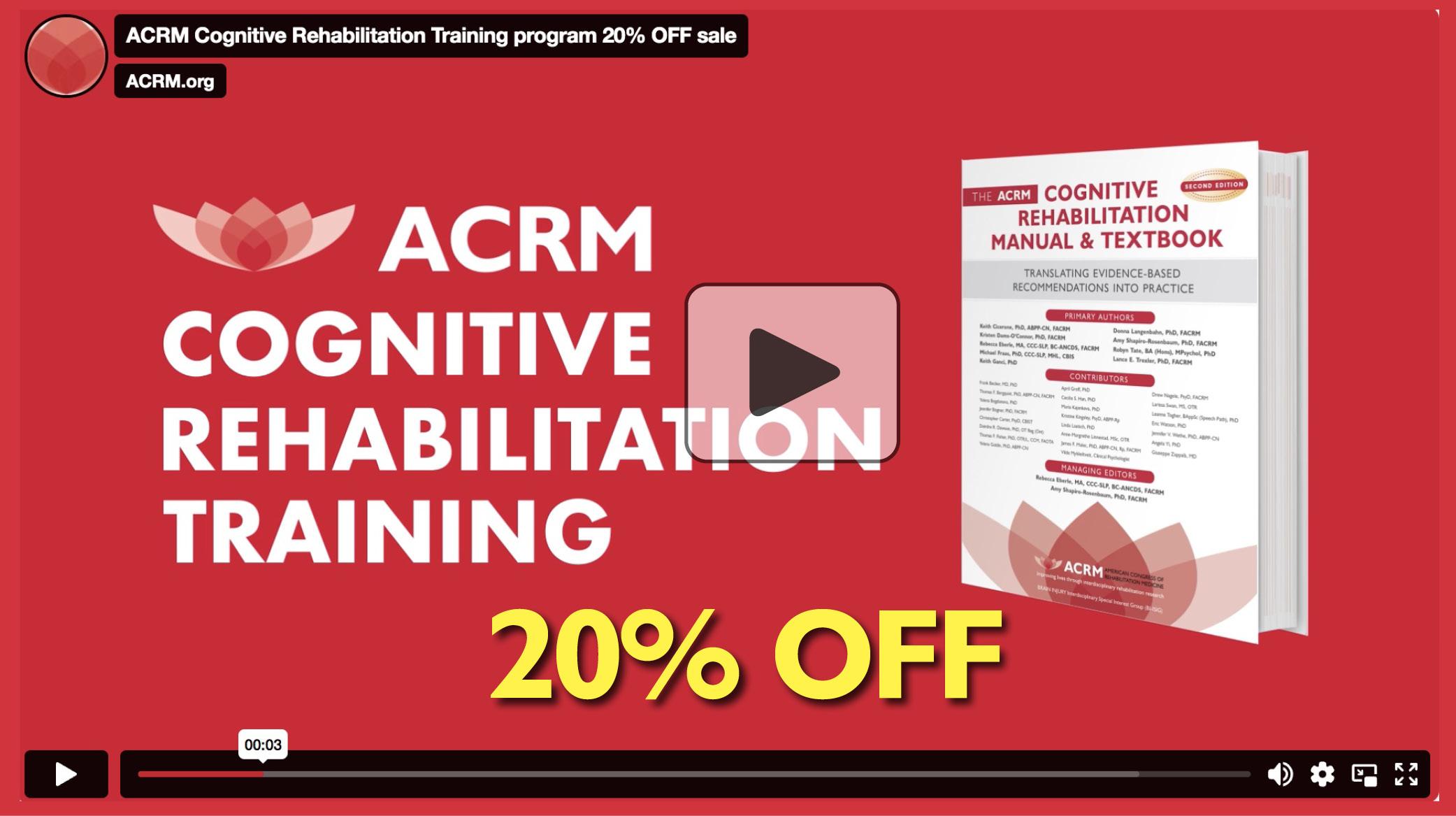In today’s rapidly evolving world, the importance of a robust academic foundation cannot be overstated. As societies become increasingly knowledge-driven, the ability to adapt and excel in various disciplines is paramount for future success. This article delves into the critical components of building a strong academic foundation, exploring how early educational experiences shape cognitive abilities, critical thinking, and problem-solving skills. By analyzing current educational strategies and their long-term impacts, we aim to provide a comprehensive understanding of how foundational learning serves as a cornerstone for lifelong achievement. Through a confident examination of empirical evidence and expert insights, we will uncover the essential elements that contribute to cultivating a resilient and adaptable intellect, poised to thrive in the challenges and opportunities of the future.
Understanding Core Principles of Effective Learning Strategies
In the pursuit of academic excellence, understanding the core principles of effective learning strategies is essential. These strategies form the backbone of a strong educational foundation, fostering not only knowledge acquisition but also critical thinking and problem-solving skills. One fundamental principle is the active engagement of learners. This involves encouraging students to participate actively in their learning process through discussions, hands-on activities, and collaborative projects. By engaging with the material in diverse ways, students are more likely to retain information and apply it in real-world contexts.
Another crucial element is the emphasis on metacognition, which refers to the awareness and control of one’s own learning processes. By fostering a metacognitive approach, educators can empower students to assess their understanding, recognize gaps in their knowledge, and develop personalized study techniques. Effective learning strategies also incorporate the following key aspects:
- Spaced repetition: This technique involves reviewing material at increasing intervals, which helps in long-term retention.
- Interleaved practice: Mixing different subjects or types of problems during study sessions to improve adaptability and problem-solving skills.
- Feedback loops: Providing timely and constructive feedback to guide students in refining their understanding and performance.
By integrating these principles into the educational framework, students are better equipped to build a robust academic foundation, paving the way for future success in their academic and professional endeavors.

Enhancing Cognitive Skills Through Interdisciplinary Approaches
Integrating multiple disciplines into learning can significantly boost students’ cognitive skills by exposing them to a variety of perspectives and problem-solving methods. This holistic approach encourages learners to connect concepts across different fields, which not only enhances their understanding but also fosters critical thinking and creativity. For instance, a project that combines elements of science, technology, engineering, and mathematics (STEM) with arts and humanities can lead to innovative solutions and a deeper comprehension of complex issues.
Key benefits of interdisciplinary learning include:
- Improved Critical Thinking: Engaging with diverse subjects helps students develop the ability to analyze and synthesize information, making them adept at tackling complex problems.
- Enhanced Creativity: Exposure to various disciplines stimulates creative thinking, allowing students to explore new ideas and approaches.
- Better Communication Skills: Learning how to articulate ideas across different fields enhances students’ ability to communicate effectively with a broader audience.
- Adaptability: By understanding multiple disciplines, students become more flexible and open-minded, which is essential for thriving in a rapidly changing world.

Leveraging Technology for Personalized Educational Experiences
In today’s rapidly evolving educational landscape, the integration of technology offers unprecedented opportunities to tailor learning experiences to the individual needs of each student. By harnessing data analytics and adaptive learning platforms, educators can create customized pathways that cater to varying learning styles and paces. Artificial intelligence (AI) and machine learning algorithms can assess a student’s performance in real-time, identifying strengths and areas for improvement, and suggesting targeted resources to bridge gaps in understanding. This personalized approach not only enhances engagement but also fosters a deeper connection to the material, promoting long-term retention and mastery.
Moreover, digital tools such as interactive simulations, virtual reality, and gamified learning environments can transform abstract concepts into tangible experiences. These technologies enable students to explore complex subjects through immersive and engaging methods, encouraging exploration and critical thinking. Key benefits of these innovations include:
- Increased Accessibility: Students can access a wealth of resources anytime, anywhere, breaking down traditional barriers to learning.
- Enhanced Collaboration: Online platforms facilitate seamless communication and collaboration among peers, fostering a sense of community and shared learning.
- Real-Time Feedback: Instant feedback mechanisms help students stay informed about their progress and adjust their learning strategies accordingly.
By effectively leveraging these technological advancements, educational institutions can empower students to build a robust academic foundation, equipping them with the skills and knowledge necessary for future success.

Cultivating a Growth Mindset to Foster Lifelong Learning
In the quest to build a robust academic foundation, embracing a mindset that thrives on growth is pivotal. A growth mindset, a concept popularized by psychologist Carol Dweck, is the belief that abilities and intelligence can be developed through dedication and hard work. This perspective fosters a love for learning and resilience, essential traits for lifelong academic and personal success. Encouraging students to adopt this mindset can lead to numerous benefits, such as increased motivation, enhanced performance, and the ability to embrace challenges with a positive attitude.
- Embrace Challenges: Viewing obstacles as opportunities to learn rather than insurmountable barriers.
- Learn from Criticism: Using feedback constructively to improve and refine skills.
- Celebrate Effort: Recognizing that perseverance and hard work are integral to success.
- Value Process Over Result: Focusing on the journey of learning rather than just the outcome.
Incorporating these principles into educational environments helps students build a solid academic base, not just for immediate achievements but as a scaffold for future endeavors. By instilling a growth mindset, educators can prepare students to navigate an ever-evolving world with confidence and curiosity, ensuring that the pursuit of knowledge remains a lifelong journey.



